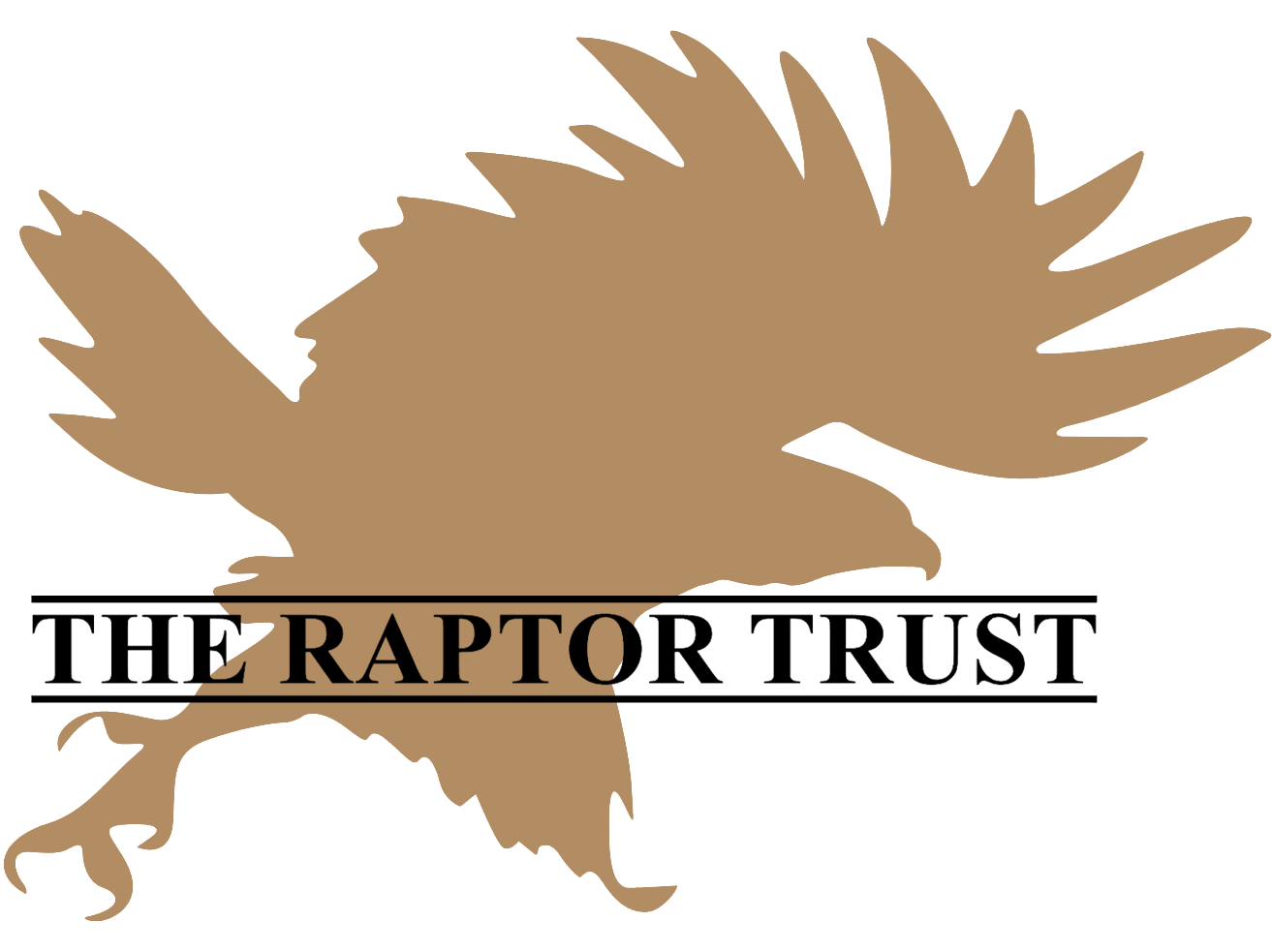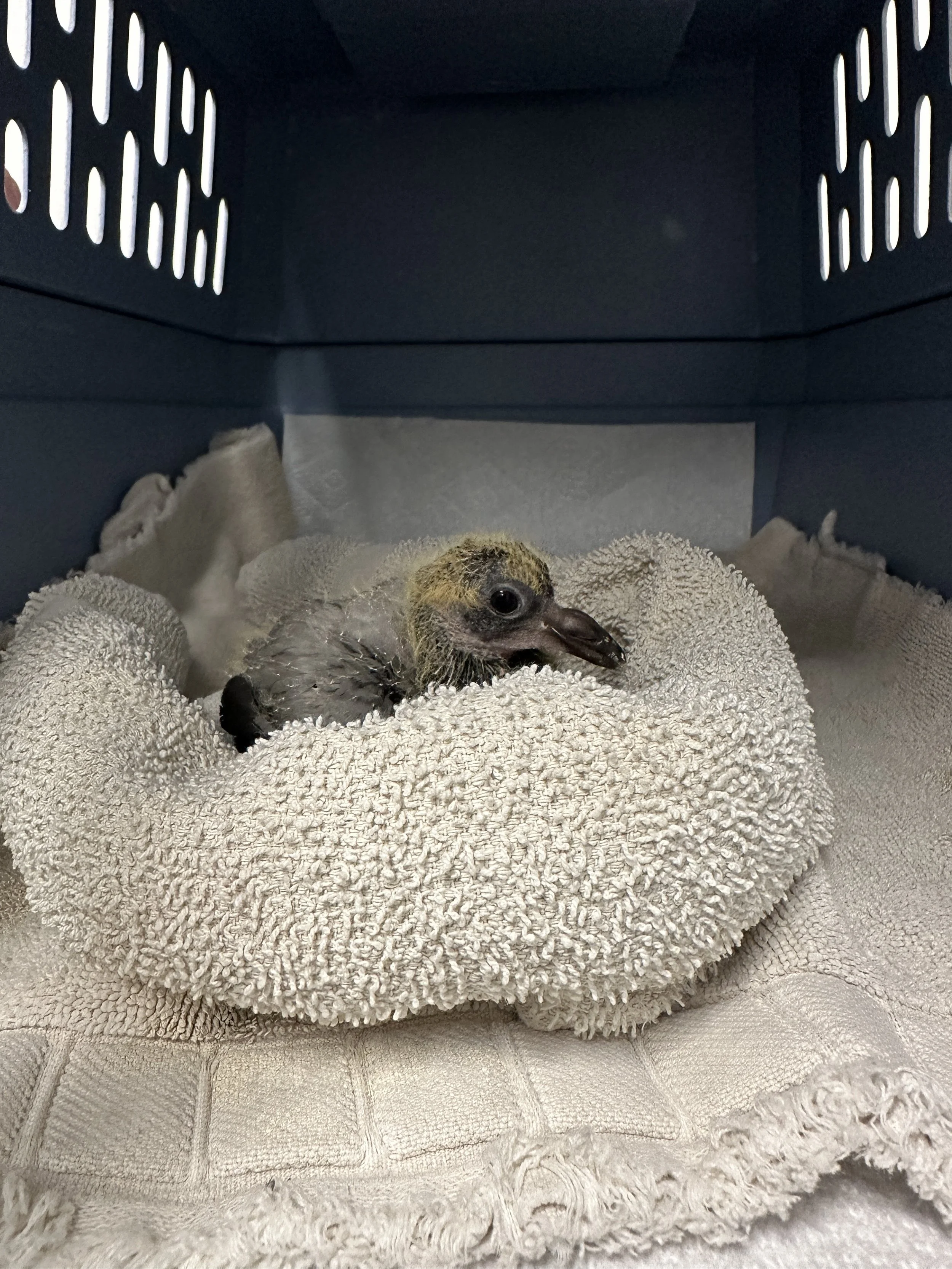
How Do We Rehabilitate Baby Birds?
Rehabilitating baby birds is a little different than rehabilitating adult birds. Most often, baby birds that come to us orphaned are not actually injured although some are. If the baby is injured, we treat and monitor the injury as described above in addition to how we raise babies. Baby birds represent a large percentage of the patients we treat each year and make up a huge portion of our staff hours to raise properly.
Raising baby birds to be wild is incredibly difficult due to the risk of imprinting. Imprinting is how a baby animal learns who its parents are, what kind of animal it is, and how it should behave. We want our wild babies to grow up as wild as possible, which is why we refrain from talking around them, minimize their exposure to us, and make sure we house them together so they imprint on their species instead of us. You should never try to raise a baby bird yourself, not only is it illegal, but it rarely works out well for the bird. Inappropriate diets fed by finders are one of the main reasons we have to euthanize baby birds. Birds grow so quickly that even a few days of inappropriate meals can prevent that bird’s bones from growing correctly and leave it permanently disfigured and unable to fly.
Very tiny baby birds are fed every 20 minutes, as they get older, the feeding frequency drops to 30, 60, and then 120 minutes until they learn how to self-feed. This process takes much longer in human care than it would if these birds were raised by their parents, which is why we always recommend that you call us before trying to help a baby bird. Robins spend about two weeks from hatching to fledging (leaving the nest) but stay with us for 6-8 weeks as they do not have an adult to teach them how to forage for their own food and must figure it out by themselves.




